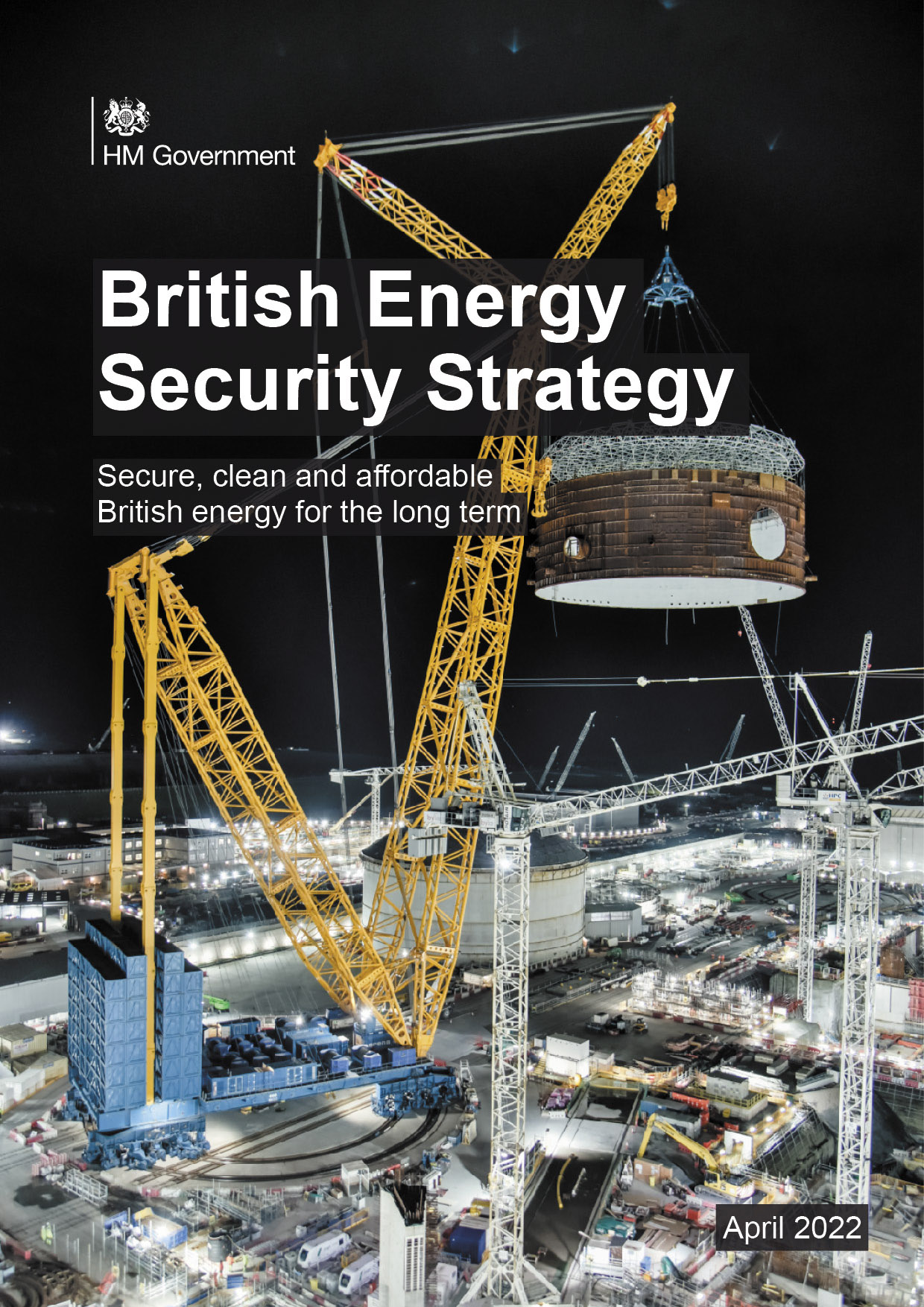The NNSA's ERICA initiative aims to provide resources to develop resiliency against climate-related obstacles like the 2021 shuttering of the Pantex
Plant due to the polar vortex. (Image: NNSA)
The Department of Energy’s National Nuclear Security Administration is establishing an Energy Resilient Infrastructure and Climate Adaptation (ERICA) initiative, which will help position it to deal with climate issues. In a recent press release, the NNSA noted that ERICA will help it to meet the requirements of federal legislature and executive orders, along with the DOE’s climate adaptation, energy resilience, and sustainability goals in support of the agency’s national security missions.
The initiative was outlined in President Biden’s fiscal year 2023 budget request for the DOE.
The Michigan and Ohio Section of the American Nuclear Society warned of environmental and economic harm if Palisades’ clean energy is lost in May
The combined Michigan and Ohio Section of the American Nuclear Society (ANS) urged Michigan Gov. Gretchen Whitmer and state lawmakers in a letter to reconsider the premature closure of the carbon-free Palisades nuclear power plant in May.
A rendering of Holtec International's interim spent fuel repository. (Image: Holtec International)
An article published on the Carlsbad Current-Argus news site on February 5 presents the wide gap between lawmakers in New Mexico on either side of the issue of temporary storage of spent nuclear fuel in the state.
The article noted that two identical bills—Senate Bill 54 and House Bill 127, which advanced in legislative committees last week—would block a spent fuel storage facility in New Mexico by prohibiting state agencies from issuing permits for such a facility.
Volunteers staff the Nuclear for Climate booth in the COP26 conference center. (Photo: Raquel Heredia Silva)
ANS sponsored 10 young nuclear professionals from the Young Generation Network, a branch of the U.K.’s Nuclear Institute, to attend COP26, the 2021 United Nations climate change conference, held in Glasgow, Scotland, where they helped deliver what was “by all accounts nuclear’s best representation at the COP ever,” according to George Burnett, one of four U.K.-based attendees sponsored by ANS.
The Barakah nuclear power plant. Unit 3 is the second from left. (Photo: Emirates Nuclear Energy Corporation)
The construction of Unit 3 at the United Arab Emirates’ Barakah nuclear power plant has been completed, the Emirates Nuclear Energy Corporation (ENEC) announced yesterday on the sidelines of COP26, the high-profile climate confab taking place in Scotland this week and next.
According to ENEC’s announcement, Barakah-3 will now undergo operational readiness activities and is on track to start up in 2023.






 The governments of four Canadian provinces—Ontario, New Brunswick, Saskatchewan, and Alberta—have published a plan outlining the path forward for the advancement of small modular reactors, which could provide the nation with safe, reliable, and zero-emissions energy and create new export opportunities.
The governments of four Canadian provinces—Ontario, New Brunswick, Saskatchewan, and Alberta—have published a plan outlining the path forward for the advancement of small modular reactors, which could provide the nation with safe, reliable, and zero-emissions energy and create new export opportunities.






